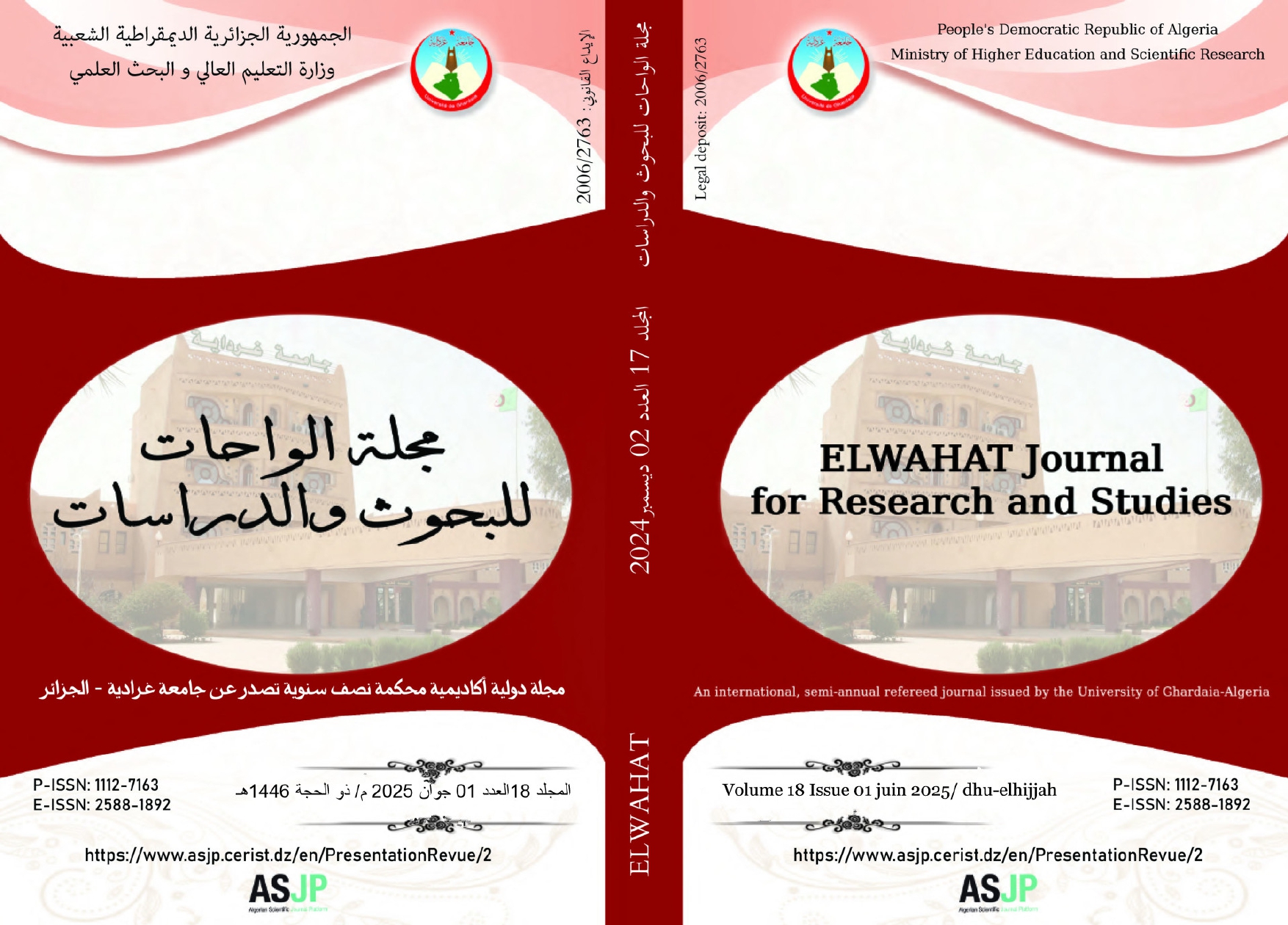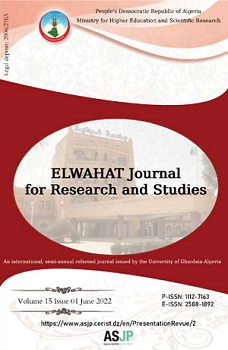Abrogation in the Qur'an and Its Relation to Contemporary Interpretation
DOI :
https://doi.org/10.54246/71hw4097Résumé
The persistent scholarly debate regagrgrrding the presence or absence of Abrogation (Naskh) within the Quranic text has significantly influenced contemporary exegetical methodologies. This study is devoted to an in-depth examination of this subject, employing a rigorous descriptive and critical approach to address and elucidate the complexities surrounding this issue .The study begins with an introduction that sets the preamble for the topic, followed by three main sections: the first focuses on defining Abrogation, the second examines scholarly views on its occurrence in the Quran, and the third analyzes contemporary perspectives on Abrogation through a practical case study. The research concludes that the dispute over Abrogation is real, yet the most compelling view is that it does not occur in the Quran. Furthermore, contemporary discussions on the issue differ significantly from classical approaches, particularly in the application to subsidiary rulings
Keywords: Naskh, contemporary interpretation, the Quran, Ijtihad, stoning.







